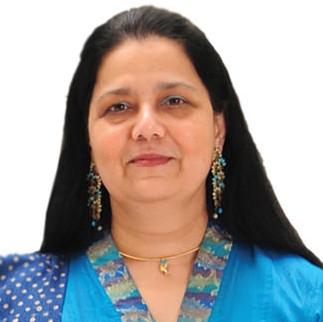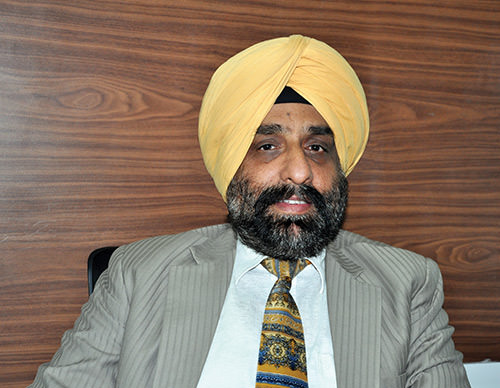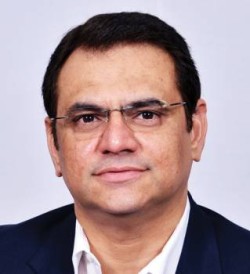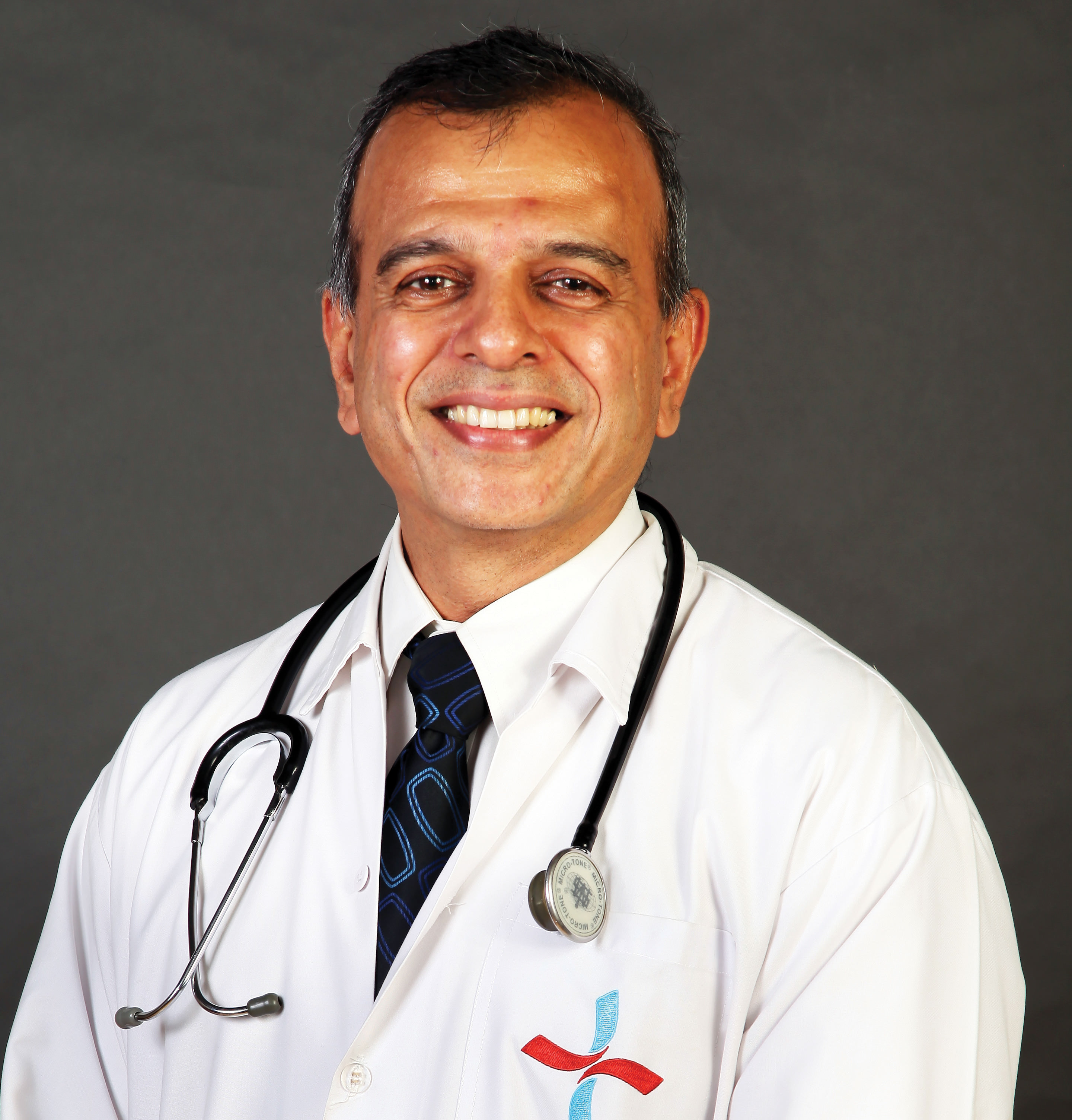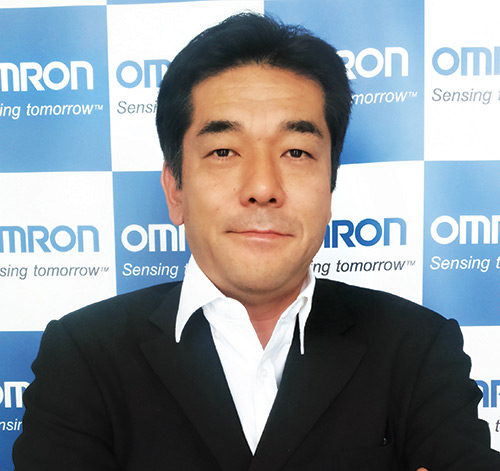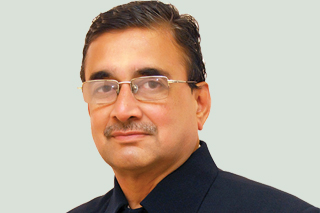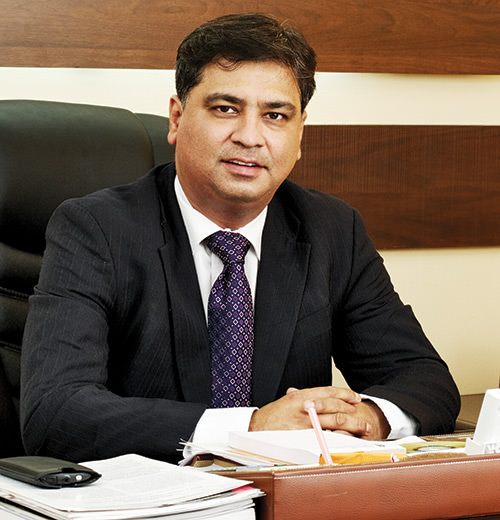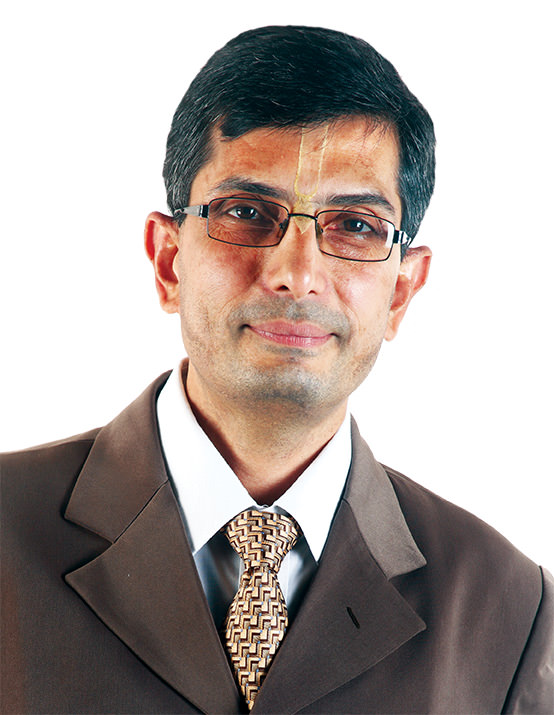
Dr Ajay P Sankhe has been working as a Pediatric Consultant in Bhaktivedanta Hospital since its inception. In an interaction with Nikita Narvekar, Dr Sankhe, Director, Bhaktivedanta talks about the mission, present and future plans of the hospital
Could you tell us about Bhaktivedanta in brief?

Bhaktivedanta was established in January 1986. We started as a non-profit organisation and that time Mira Road was a very small place, so we started with focus on critical care and emergency services.
We began with basic specialities like physicians, pediatricians, gynaecologists, orthopaedics, etc. with core focus on Emergency Medical Services (EMS). Right now, we are a 170-bed hospital with six operation theatres and almost all speciality treatments, a Path lab and the state-of-the-art radiology centre.
Apart from the treatments, our major thrust is the services that we offer to people. We have various outreach programmes. This hospital is run by a trust who are into a lot of community service programmes in areas like Thane, Vasai, Virar, almost all the outskirt areas and tribal belt.
Our focus has been on eradicating blindness. We work towards cataract treatments and diseases like cancer in the tribal areas and offer free treatments to tribals.
We have one rural centre in Wada, Maharashtra and will be setting up another in Talasari which is a tribal region.
Many patients from there die on their way to hospital, after being stabilised in a Primary Health Centre, since it takes half an hour to two hours to get to a hospital. So, we plan to start an acute care receiving unit, probably in Manor given its proximity to areas like Wada, Talsari, Vikramgad, etc. to receive patients on their way to be checked, monitored and stabilised again, and sent to the hospital in an ambulance.
We are focussing on Talasari because it is a tribal area and the people there are very poor and need medical attention. We have already appointed people to take care of their needs and once the hospital is functional, they will be taken care of.
What is exciting that is coming up for Bhaktivedanta in 2014-2015?
If the government approves our paper for additional FSI, we will build one more building. The present hospital is full, and we dont have space to expand. The new building will be of similar size.

What multi-speciality services have you introduced for your patients recently?
In the last two months, we have introduced two new services, a Cath lab and Cardiac services. The state-of-the- art Cath lab has minimal radiation issues. We have a cardiac theatre which focuses on preventing cardio diseases. It is a lifestyle disease so patients are taught how to avoid cardiac arrests, or how to save themselves from another angioplasty or a bypass surgery. We conduct these lifestyle modification workshops for our patients every two months, where the focus is on yoga and meditation. In fact, we have a dedicated therapeutic yoga de- partment. Another new department is urology, and we have a urologist and latest equipments for the same.
What are your initiatives on medical education and training?
We have an in-house CME for all our departments. They undergo rigorous training so our manpower is highly skilled. We have weekly CMEs for all departments and monthly CMEs for outsider or visiting doctors. We have recently been recognised as a Laparoscopy training centre by the Maharashtra University of Health Sciences as well. Since we are focussing on emergency medical services (EMS), we are adopting an EMS model from the United States for training the para- medics to handle the golden hour during a heart attack. In addition to all this, we also run a medical college.
“We stress more on spiritual care. In fact, spiritual care in itself is a new treatment modality. We have a spiritual care department”
Any initiatives that you have taken in treatment modality or infrastructure ?
We are looking at integrating our services. We have integrated Ayurveda, Allopathy and Homeopathy for treat- ing asthma, especially in children. Also, we have integrated spiritual health and cancer treatments to help cancer patients cope with their illness.
We are researching on how to in- tegrate cancer and spiritual health and how spirituality affects depres- sion and anxiety. We stress more on spiritual care. In fact, spiritual care in itself is a new treatment modality. We have a spiritual care department and we are focussing on generic spiritual care, and not a religious one. So, I would say, this is a unique feature of Bhaktivedanta.
What about accreditation and collaboration strategies of the Hospital?
We have applied for NABH accreditation, and hopefully by this year, we should be certified. Also, we have collaborated with SL Phadke Lab for pathology .
How do you look at the opportunities in Tier II and Tier III cities?
Healthcare opportunities in India are tremendous, particularly for organisations like us who are focused more on community health. We are a corporate hospital, no doubt, but before that we are a Trust hospital. Our main focus is to fulfill the goals of the trust and to look after the social needs and reach out to the public.
Cities are expanding as rural population shrinks and with urbanisation, a lot of diseases have sprung up, the top two being cancer and heart attacks. So, the stress in these cities will be so huge that you will need to have huge hospitals in these areas to suffice the medical needs.
What are your expectations from the new government?
India needs a lot of healthcare infra- structure. We need to have good roads and EMS for the state in practice, not just paper.
The gap of skilled manpower needs to be filled. The country faces a shortage of doctors and nurses. We cannot blame the people who go abroad, because that is a very small percentage. We need many more doctors than what we are producing now. We also have to utilize the workforce and resources that already exist.
The Rajiv Gandhi scheme that we have is an excellent programme, but is doomed for failure as it has not been implemented well. If implemented properly, it will prove to be a boon. Also, the Public Private Partnership models have to be good and friendly.
Be a part of Elets Collaborative Initiatives. Join Us for Upcoming Events and explore business opportunities. Like us on Facebook , connect with us on LinkedIn and follow us on Twitter , Instagram.


